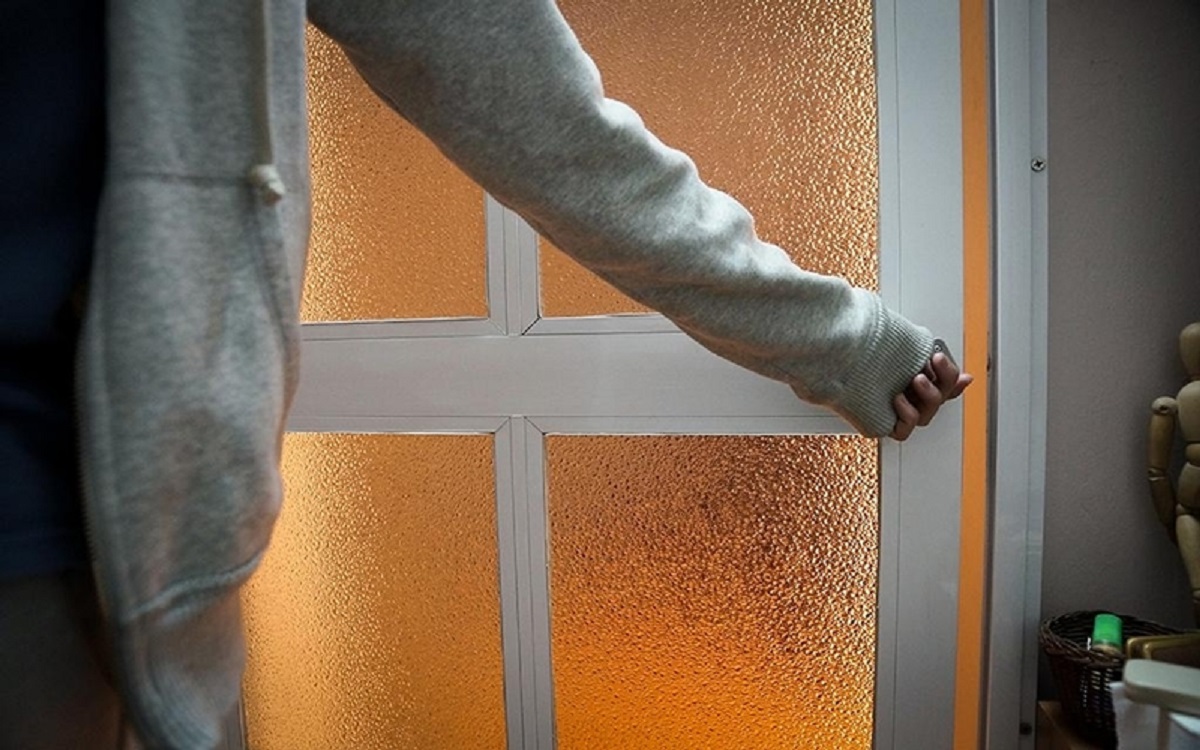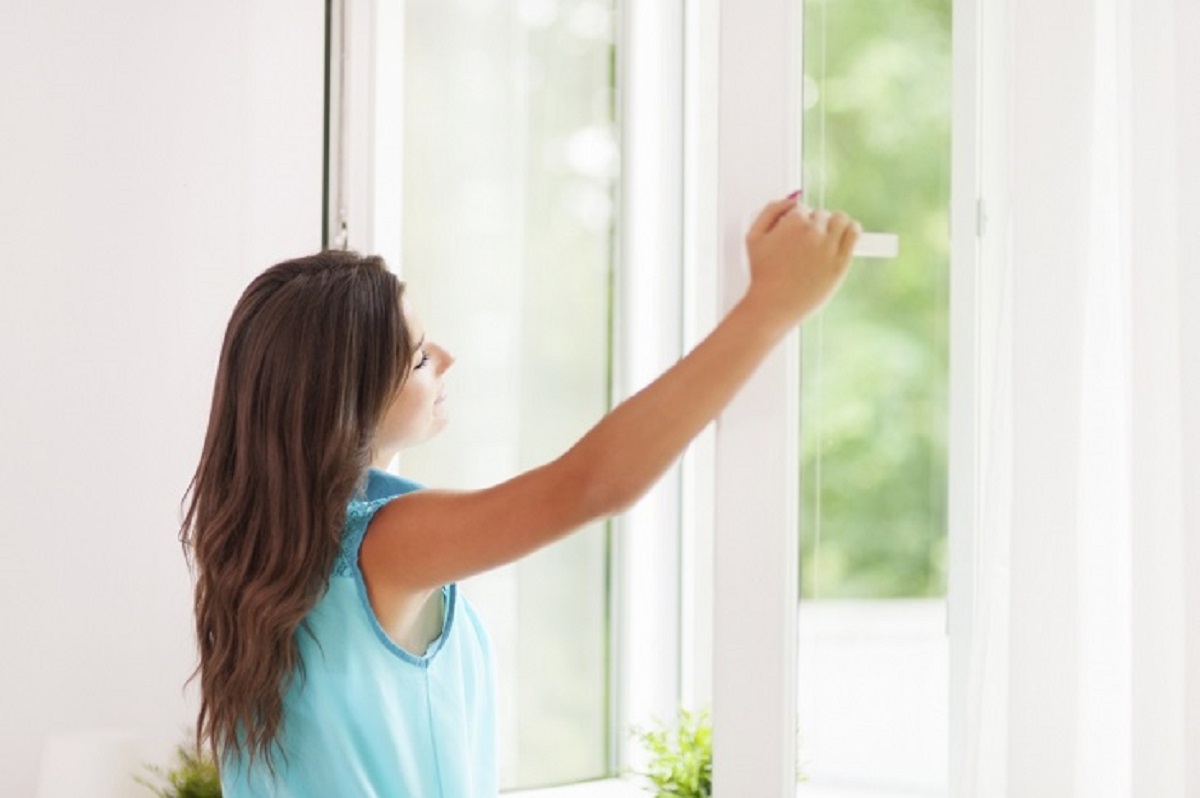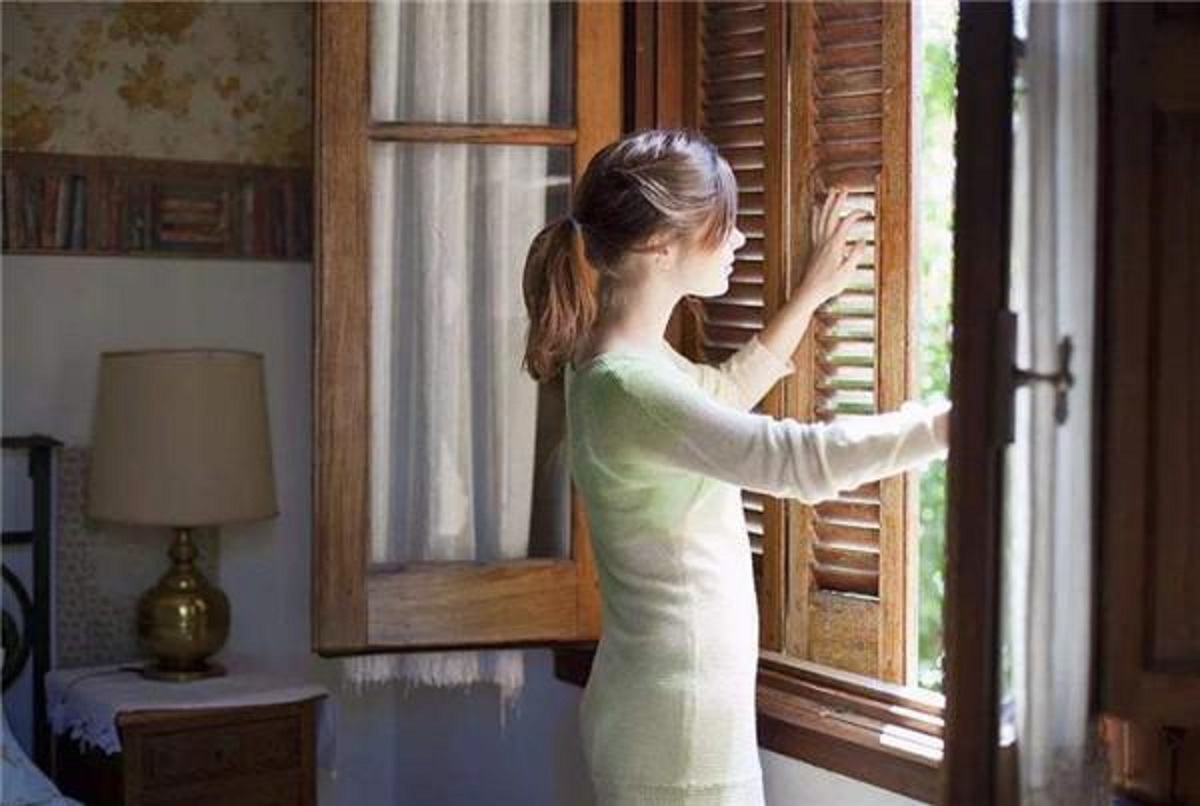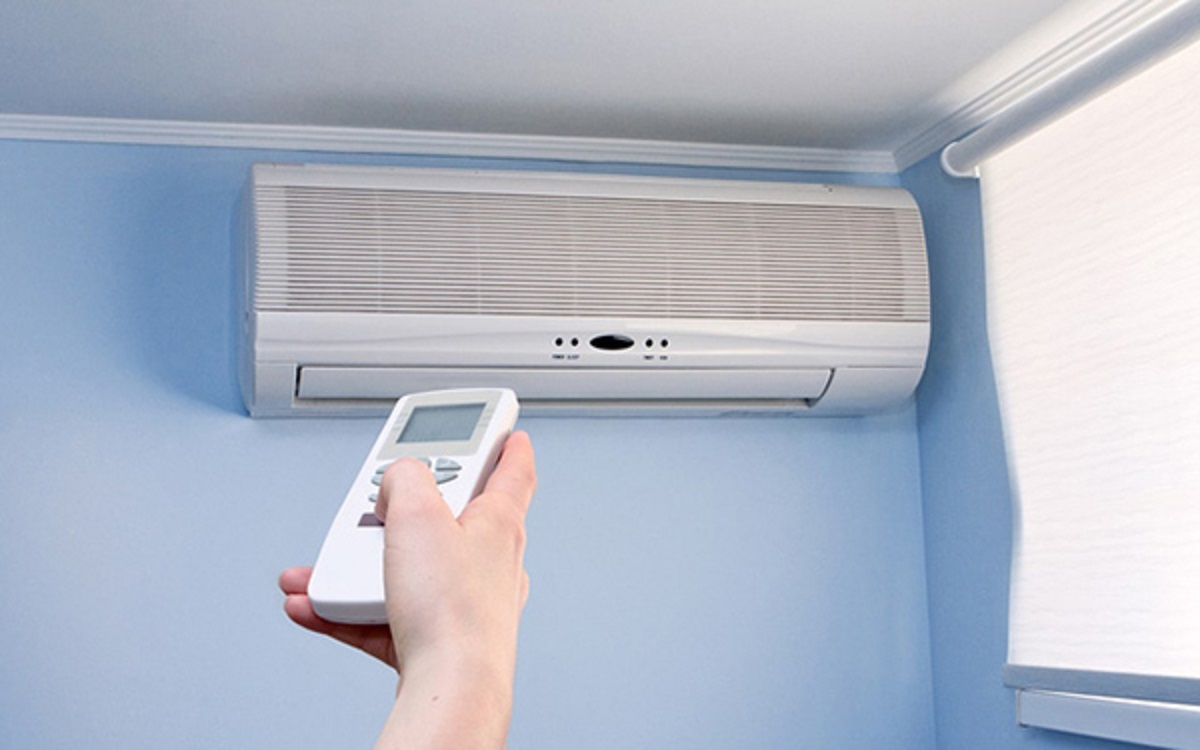Why Keeping the Door Closed When Using Air Conditioning is a Bad Idea
According to scientific research, keeping the door closed while running the air conditioner can lead to a buildup of bacteria, making the indoor air 3-5 times more toxic than outdoor air. Prolonged exposure to this enclosed environment can leave you feeling suffocated and oxygen-deprived.

The primary reason for this is that enclosed spaces limit oxygen exchange with the outside environment, relying mostly on the air conditioner for air circulation. Keeping the door closed not only makes the air more toxic but also adversely affects the health of the elderly and young children, who are more susceptible to respiratory issues.

Therefore, it’s crucial to use air conditioning optimally to protect our health and enhance the cooling effect, especially during the peak summer months.
Optimal Air Conditioner Usage to Maintain Good Health
Experts recommend opening the door for a few minutes every 30 minutes to allow fresh air to circulate indoors. This practice helps reduce the concentration of toxic air and minimizes potential health risks.

Additionally, if the outdoor temperature drops and the air becomes cooler, turn off the air conditioner and open the door to improve air circulation. It’s also advisable to limit your time in an air-conditioned room to 4 hours at a stretch and step outside for a breath of fresh air every 2-3 hours to prevent your body from losing its ability to adapt to colder temperatures.

To further optimize your air conditioner usage, consider investing in a unit with bacteria-removal and air-purifying functions. Installing a ventilation fan or using a low-speed electric fan can also enhance air circulation and distribute cool air more effectively.
Other Common Mistakes to Avoid When Using Air Conditioning
In addition to keeping the door closed, the following are common mistakes to avoid for a healthier air conditioning experience.
1. Setting the Temperature Too Low
Some people believe that setting the air conditioner to the lowest temperature will cool the room faster. However, this practice leads to excessive energy consumption and higher electricity bills. It can also adversely affect your respiratory health due to the low temperature and humidity levels.

2. Running the Air Conditioner All Night
Using the air conditioner continuously throughout the night is another common mistake. Our body temperature naturally drops during deep sleep, and maintaining a constant low temperature with the air conditioner can lead to “thermal shock” when you step out of the room the next day. To avoid this, use the “Sleep” function on your air conditioner, which gradually increases the temperature after 1-2 hours, reaching a maximum of 29 degrees Celsius.

3. Frequent On and Off
Frequently turning the air conditioner on and off as you feel hot or cold can be detrimental. Each time the unit is turned on, it consumes a significant amount of energy during the startup process, leading to higher electricity costs. Moreover, this practice is not advisable for the elderly, young children, or those with respiratory issues.
Should You Keep Your Bedroom Door Open or Closed at Night?
For centuries, the debate has raged on: to open or close the door when sleeping? Some advocate for a closed door, creating a quiet and peaceful environment, while others prefer an open door, allowing a breeze and a sense of spaciousness. This age-old dilemma has perplexed many, but the answer may lie in striking a balance between these two extremes.





































